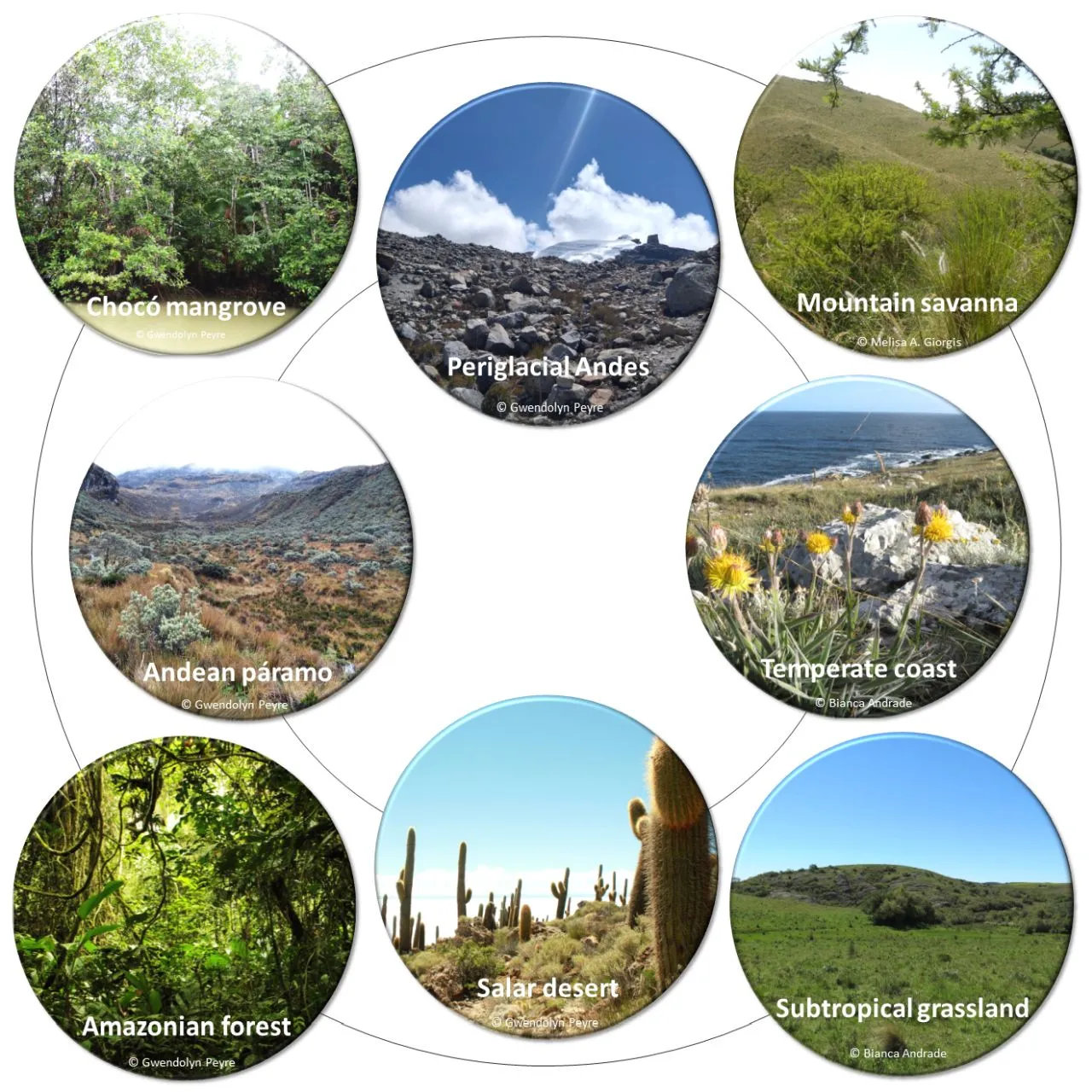Ph.D. in Biology - Neotropical Environment: Introduction, Admission, Registration, Eligibility, Duration, Fees, Syllabus 2024

Introduction:
A Ph.D. in Biology with a specialization in the Neotropical Environment is designed for students who aim to deepen their understanding and expertise in the biodiversity and ecosystems of tropical regions. This program emphasizes rigorous research, fieldwork, and theoretical study to prepare graduates for careers in academic, conservation, and policy-making roles that focus on environmental challenges and solutions in the Neotropics. Through this program, students will engage in detailed study of diverse habitats, from rainforests to mangroves, exploring the complexities of these ecosystems and the species that inhabit them.
Admission Process:
- Application Submission: Complete the online application with required personal and academic details.
- Transcripts and Degrees: Submit all relevant transcripts and previous degree certificates.
- Research Proposal: Provide a detailed research proposal outlining intended study areas and objectives.
- Letters of Recommendation: Secure at least three letters from academic referees.
- Interview: Participate in an interview with the department’s admissions panel.
- Acceptance: Meet all prerequisite conditions for final acceptance.
Eligibility Criteria:
- Academic Qualifications: Hold a Master’s degree in Biology, Environmental Science, or a related field.
- Research Experience: Demonstrate experience in research, preferably in a field relevant to tropical or neotropical studies.
- Academic Performance: Maintain a high GPA, typically above 3.5 in graduate studies.
- Proficiency in English: Meet the English language proficiency requirements.
- Fieldwork Capability: Ability to participate in extensive fieldwork in potentially challenging conditions.
- Interest in Neotropics: A demonstrated passion for and commitment to the study of neotropical environments.
Completion Time:
The typical completion time for a Ph.D. in Biology focusing on the Neotropical Environment is between 4 to 6 years. This duration allows students to undertake comprehensive coursework, extensive field research, and complete a dissertation. The first two years generally focus on structured coursework and passing qualification exams, followed by years of dedicated research, data analysis, and thesis writing, culminating in a dissertation defense.
Career Opportunities:
- Academic Positions: University professor, research scientist, lecturer.
- Conservation Agencies: Roles in national parks, wildlife reserves, or conservation nonprofits.
- Government and Policy: Environmental policy advisor, biodiversity specialist.
- Research Institutes: Lead researcher or project manager in environmental and biological research organizations.
- Environmental Consulting: Consultant for businesses and NGOs on sustainable practices and biodiversity.
- Publishing and Media: Science writing and documentary making focusing on environmental issues.
Syllabus:
- Tropical Ecosystem Dynamics
- Conservation Biology
- Advanced Biostatistics
- Field Methods in Ecology
- Geographic Information Systems (GIS) in Conservation
- Ethics and Sustainability in Environmental Research
Internship Opportunities:
- Field Research Internships: Opportunities to work in real-world conservation projects in the Neotropics.
- Academic Collaborations: Intern with leading universities and research facilities globally.
- NGO Partnerships: Experience with NGOs focusing on biodiversity conservation and sustainable development.
- Governmental Bodies: Internships with environmental agencies developing policy or managing natural resources.
- Corporate Sustainability Projects: Work with corporations to develop or audit their sustainability practices.
Scholarships and Grants:
- University Fellowships: Full or partial funding covering tuition and living expenses.
- Government Grants: Funds for specific research projects or partnerships.
- Private Foundations: Scholarships for research in biodiversity and conservation.
- International Scholarships: Opportunities like Fulbright for international study.
- Research Grants: Funding from scientific societies or conservation groups.
FAQs:
What is the focus of the program?
The program focuses on understanding and conserving the biodiversity of neotropical environments.
Who is the ideal candidate for this program?
Someone with a strong background in biology or environmental science, passionate about conservation and field research.
What kind of research projects are common in this Ph.D. program?
Research projects often include ecosystem analysis, species conservation strategies, and the impact of climate change on tropical regions.
Are there opportunities for fieldwork?
Yes, fieldwork is a critical component of the program, with opportunities in various tropical locations worldwide.
What are the post-graduation prospects?
Graduates typically pursue careers in academia, research, conservation policy, and environmental consulting.
